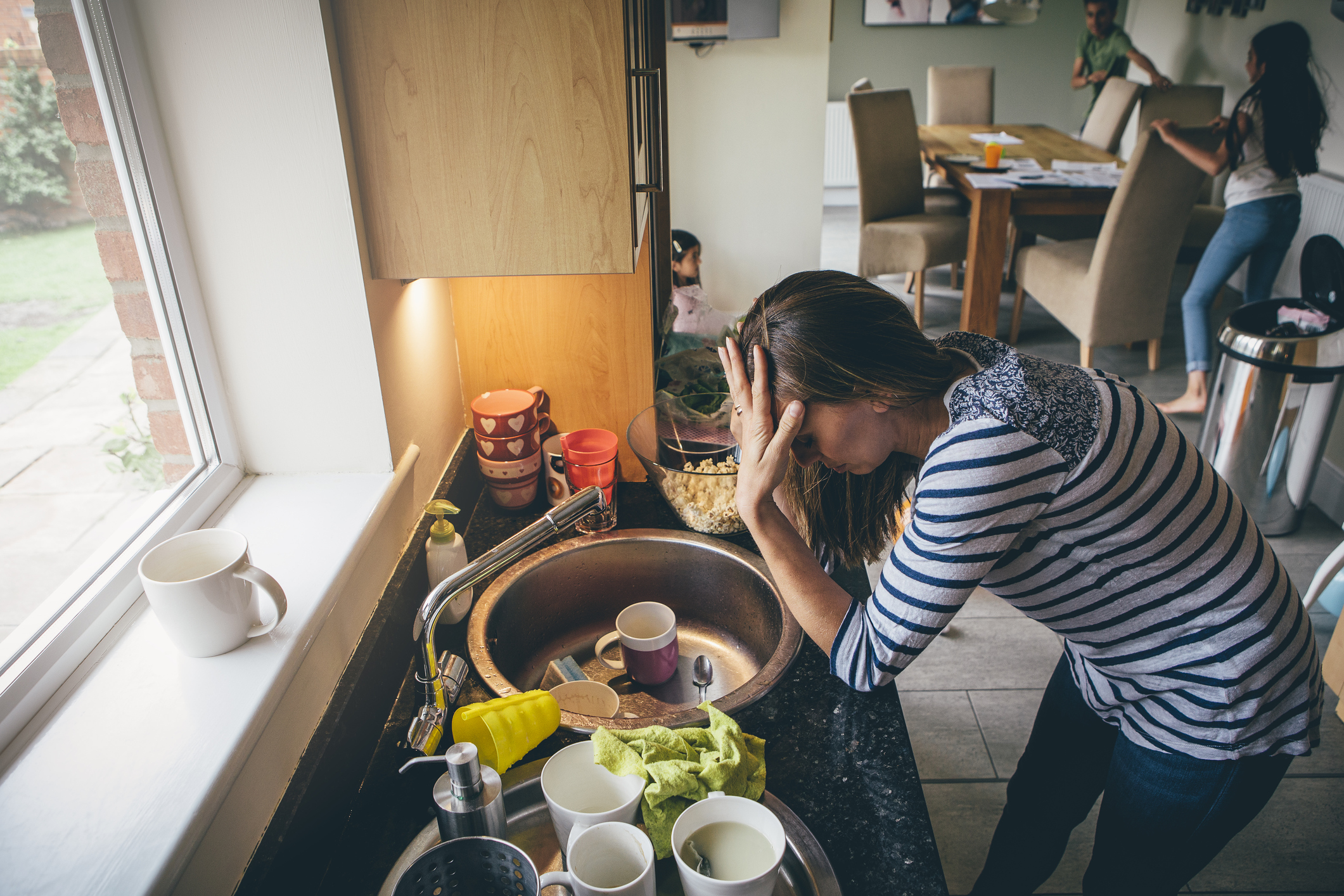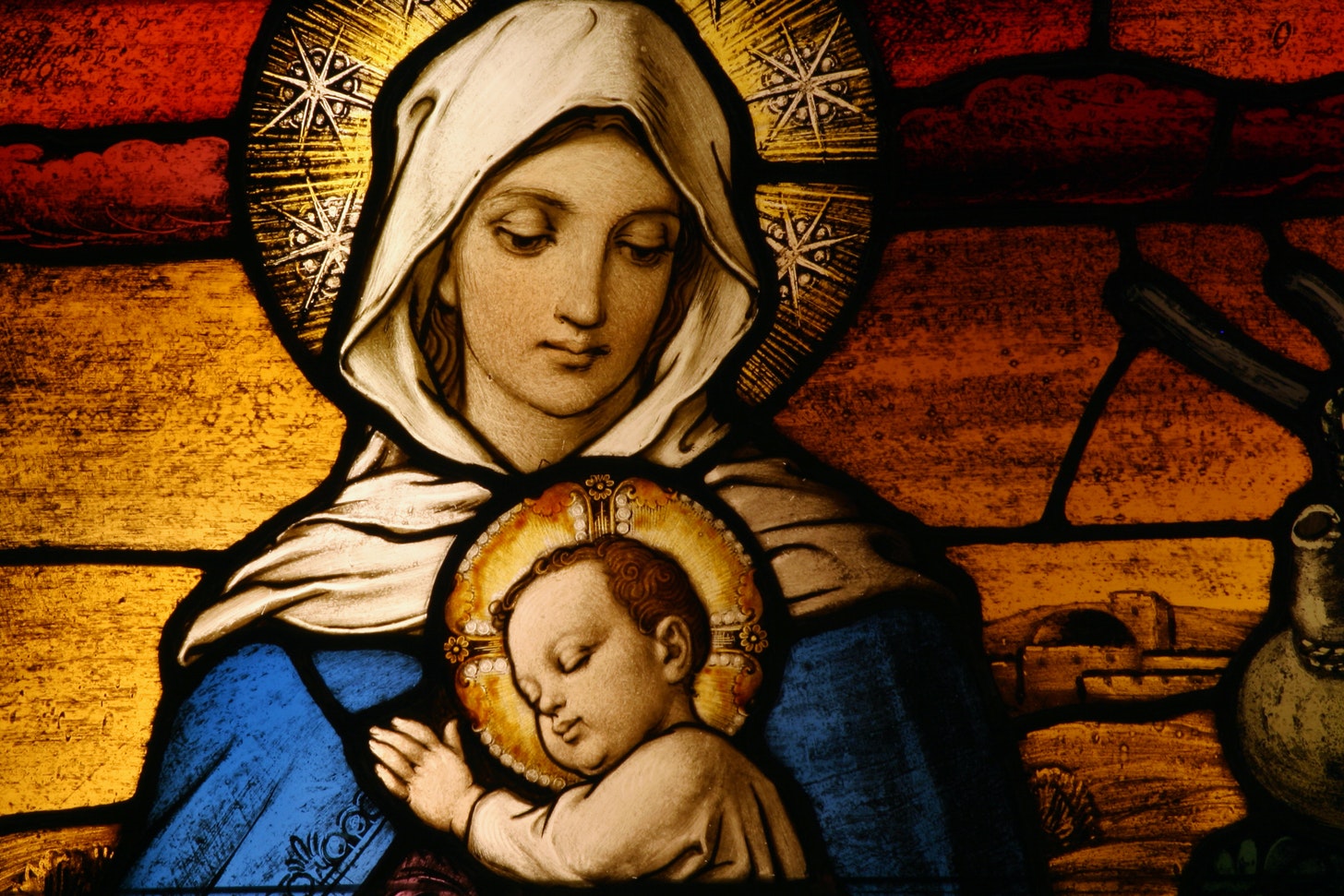Mothers Day began with a simple domestic gesture that caught on. People were encouraged to give a present to their mothers to acknowledge their love and their service to their family. As is the case with similar celebrations it could easily be corrupted by commercial interests that focused on selling gifts and often offered a saccharine view of motherhood.
It was a day when people could feel sentimental about their mothers without asking themselves whether what they expected of them was reasonable and how they themselves might share some of their mother’s burdens. The Mother’s Day present could become a cheap discharge of a heavy debt.
The last years of Covid pushes us to think more seriously about our relationships, including the part of mothers in families. The media have been full of images of mothers left to cope with difficult situations both for themselves and for their families. We have seen the long lines of women and children seeking safety outside of Ukraine. These mothers must feed and raise their children while dealing with their own anxieties and grief for their land, for the men whom they have left behind and for their future. We have also seen the images of mothers surveying their flooded homes in Queensland and New South Wales, facing the task of again making a home for their family. During the time of coronavirus, too, many of the health workers were mothers who had to cope with the loss of paid work and the threat of homelessness in addition to the other trials in an already precarious life. For many mothers, the burden of unfair workload can easily become too much to cope with
For many mothers, the burden of unfair workload can easily become too much to cope with

